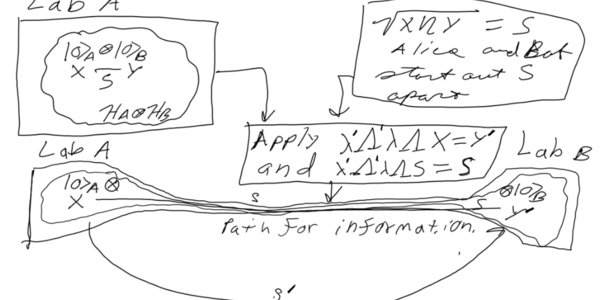A Mother's Day tale: Harry Houdini versus sherlock holmes for the fate of scientific American
100 years ago, two great people met and began a friendship that would one day be torn apart by one thing they shared in common - they both missed their mothers.
Harry Houdini, the famous escape…












